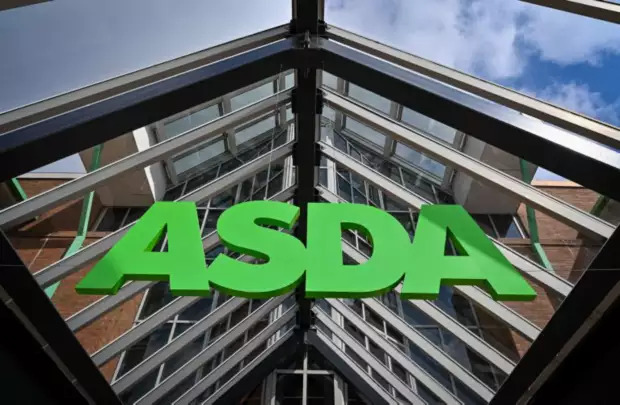New data from Asda’s Income Tracker shows that 60% of UK households saw a drop in weekly disposable income in August, as rising costs for essentials like food and transport continues to outpace wage growth.
 The gap between income and everyday costs is widening, especially for lower-income households, who are facing a shortfall of £74 per week between earnings and what they need to spend on everyday essentials.
The gap between income and everyday costs is widening, especially for lower-income households, who are facing a shortfall of £74 per week between earnings and what they need to spend on everyday essentials.
Key findings:
-
Inflation remains stubbornly high at 3.8%, its joint-highest level since January 2024.
-
Food and non-alcoholic drink prices increased for the fifth month in a row reaching 5.1% – the highest level since January 2024.
-
Low-income households were the hardest hit, with disposable incomes falling by 3.2%, 31.8%, and 3.2% respectively across the bottom 60% of earners.
-
Middle-income households, typically more stable, saw income fall for the second consecutive month, with further declines expected if inflation persists.
-
In contrast, high-earning households are bucking the trend with wage growth outpacing inflation, shielding them from the cost or living pressures.
Cebr, which produces the Income Tracker on behalf of Asda, has warned that if the current trajectory persists, the UK risks evolving into a ‘dual-speed’ economy, whereby earnings growth remains strong for the highest earners, while the lowest earners see their incomes flatline.
Sam Miley, Head of Forecasting and Thought Leadership at Cebr, said:
“The Income Tracker showed its weakest annual growth in over two years in August, as inflation remained sticky at nearly twice the Bank of England’s target. The fact that inflation is concentrated in essential spending categories is bad news for consumers, who are seeing more of their post-tax income covering food and household bills. Looking ahead, there is a risk that the Income Tracker starts to decline as we head into the crucial fourth quarter, presenting a risk to business health too.”
Asda is helping customers manage rising living costs by investing to lower prices, with price cuts on more than 50% of its range since January. This has re-established Asda as the best value traditional supermarket – as independent price comparisons by The Grocer and Which? consistently show.
You can read this month’s full report, here.



Comments are closed.